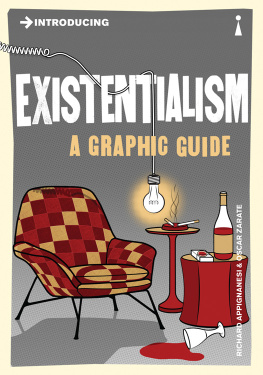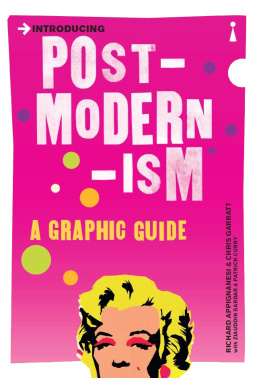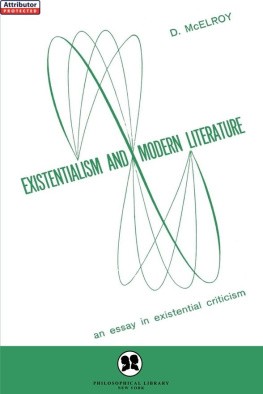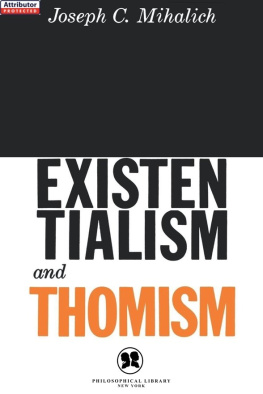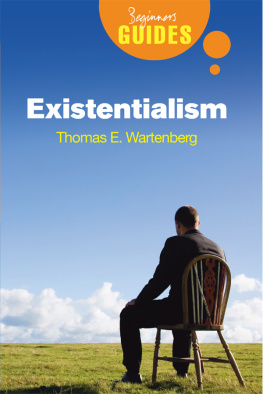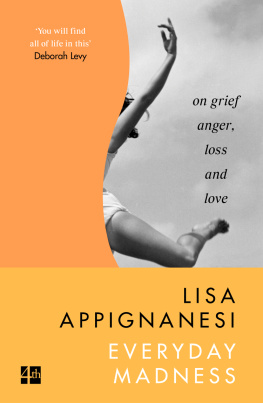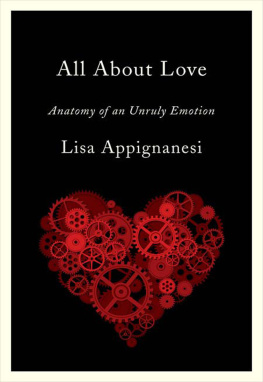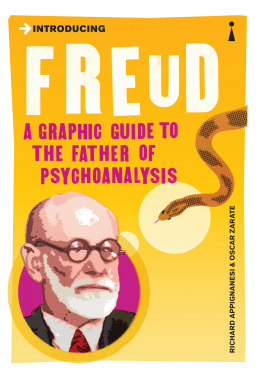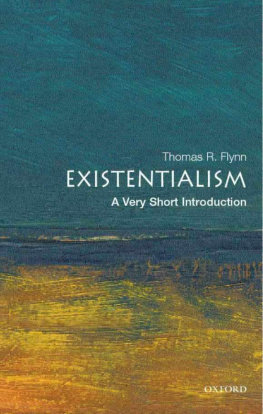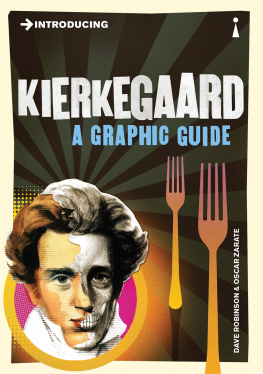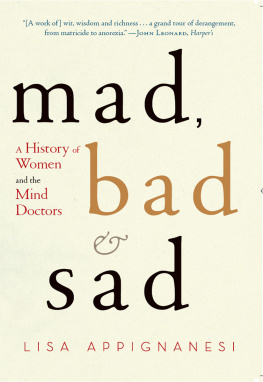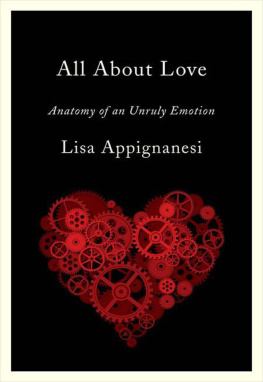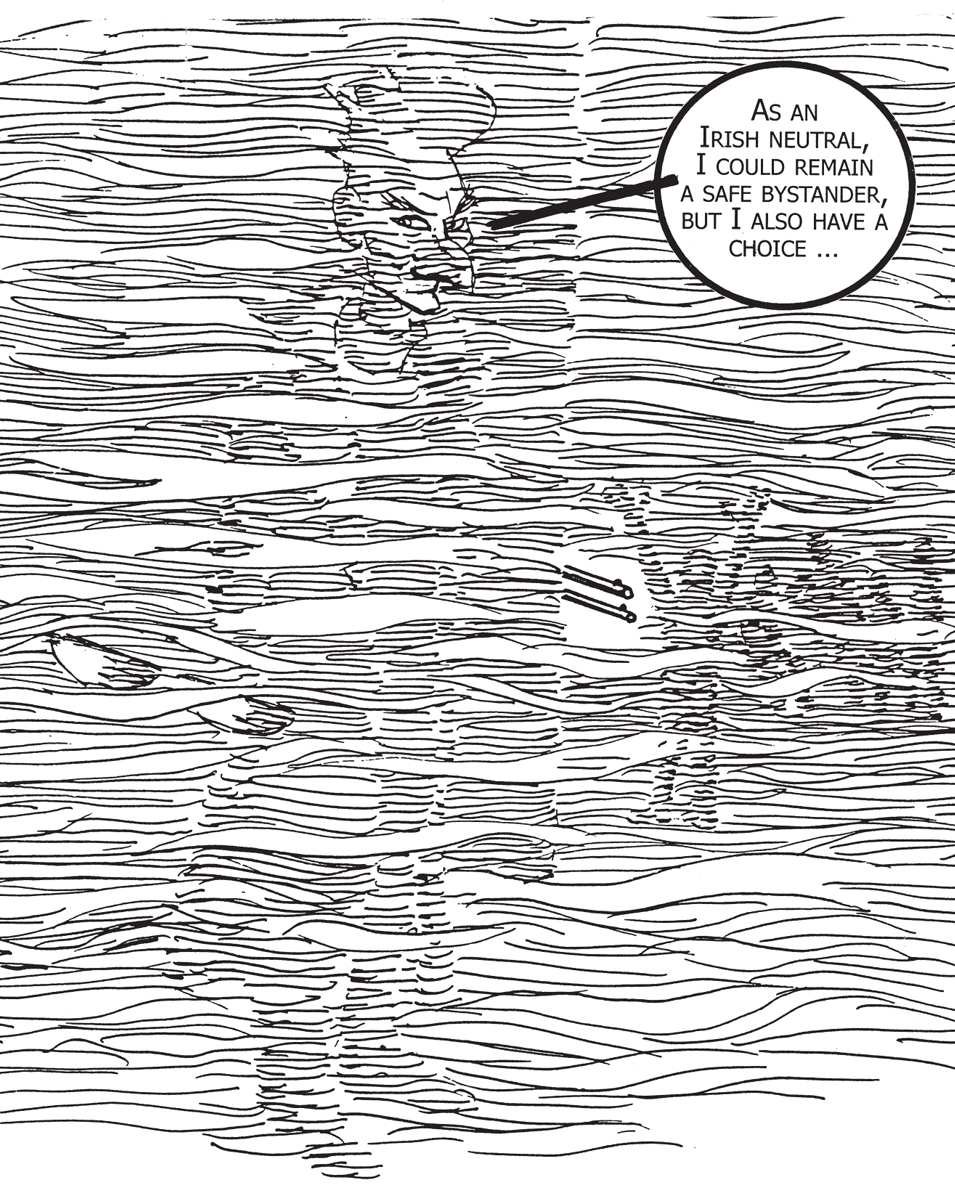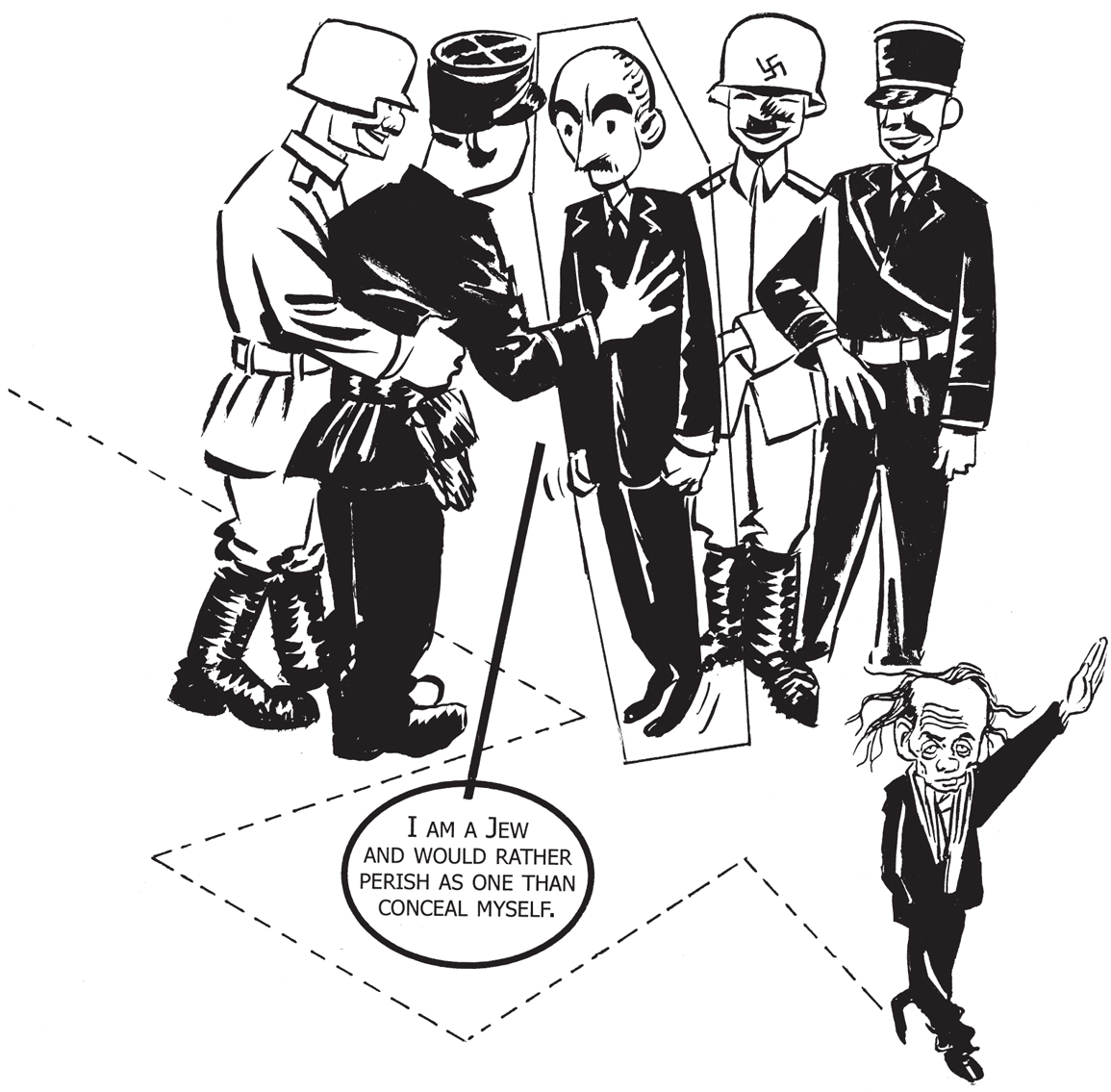Published by Icon Books Ltd, Omnibus Business Centre, 3941 North Road, London N7 9DP
Email:
www.introducingbooks.com
ISBN: 978-184831-983-7
Text copyright 2012 Icon Books Ltd
Illustrations copyright 2012 Icon Books Ltd
The author and illustrator has asserted their moral rights
Originating editor: Richard Appignanesi
No part of this book may be reproduced in any form, or by any means, without prior permission in writing from the publisher.
Contents
A question of absurdity
There is but one truly serious philosophical problem, and that is suicide. Judging whether life is or is not worth living amounts to answering the fundamental question of philosophy. So begins Albert Camus (1913-60) in The Myth of Sisyphus (1942). He stiffens the dose by quoting Nietzsche: a philosopher, to deserve our respect, must preach by example.
IN SHORT, THE ANSWER I GIVE COULD BE MY LAST
SO, I HAD BETTER FIND A REASON FOR LIVING.
But then, Camus at once sees that a reason for living is also an excellent reason for dying. In either case, a sacrifice might be at stake. The question is must life have a meaning to be lived? He concludes no, in view of the absurd, it will be lived all the better if it has no meaning.
Into the night and fog
Camus has chosen an absurdist estimate of living at a dangerous time, in 1942, in defeated Paris under Nazi Occupation. Others, like himself, are members of the Resistance, an army of shadows men and women who flit unseen in acts of sabotage always in peril of arrest by the Gestapo, torture and death.
AT ANY STREET CORNER THE FEELING OF ABSURDITY CAN STRIKE ANY MAN IN THE FACE
Absurdity, he says, in its distressing nudity, in its light without effulgence Of course, there is a sub-text to Camus essay on absurdism in this time and place, one which evades the policing of Occupation censorship and is itself an act of defiant resistance.
Absurdity had the evidence of terror. In a fit of Wagnerian megalomania, Hitler issued the Nacht und Nebel Erlass Night and Fog Decree on 7 December 1941, reserved for the inhabitants of the conquered Western territories. It ordered that anyone endangering German security would be seized and made to vanish without trace into the night and fog of the unknown in Germany. In effect, deportation and death.
AS AN IRISH NEUTRAL, I COULD REMAIN A SAFE BYSTANDER, BUT I ALSO HAVE A CHOICE
The dramatist Samuel Beckett (1906-89) in Paris at the time, guaranteed safety by Irelands neutrality, chose to imperil himself by joining the Resistance. Why? Because to forgo common sense and accept absurdity in these circumstances is rectitude.
Vichy water into blood
France surrendered to the German invasion after only six weeks fighting. Without allies Britain unprepared for war, America neutral, and Hitler now master of Europe there was no option. On 21 June 1940, Marshal Philippe Ptain (1856-1951) signed an armistice which divided France into two zones one controlled by the Germans, the other non-occupied, governed from the spa town of Vichy, famous for its curative waters. Political compromise is one thing, quite another was the Vichy governments policy of active collaboration with Nazi Germany.
THE VICHY COLLABORATORS SERVE AS HITLERS HENCHMEN
BUT IT WONT GIVE FRANCE ANY EQUAL FOOTING IN HIS EYES.
Republic of silence
A right-wing element in France seized on the Occupation as the ideal opportunity to adopt Hitlers Final Solution for its own unwelcome Jews and Communists carried out with such zeal that it surprised even the Germans. Vichy transubstantiated the water of political compromise into Nazi blood racialism and with that fed the shower rooms of Hitlers concentration camps.
FRANCE IS NOW DIVIDED BY A CHOICE COLLABORATE OR NOT!
Jean-Paul Sartre (1905-80) at this time remarked: Never have we been freer than under the German Occupation This total responsibility in total solitude, wasnt this the revelation of our freedom? (From the essay La Rpublique du silence, 1944.)
Light without effulgence
In such dark light, does life go on as before? Perhaps ones eyes adjust to reality in the negative. In 1942, Picasso (1881-1973) paints his Still Life with Skull of a Bull, carries on his affair with Dora Maar, and deals in illegal currency. He too enjoys safe neutrality, as a Spanish national, but unlike Beckett does not join the Resistance
COWARDICE? I CANNOT JUDGE.
NOR CAN I UNDERSTAND WHY THE URBANE, AESTHETICAL DRIEU LA ROCHELLE BECAME A COLLABORATIONIST
The novelist Pierre Drieu La Rochelle (1893-1945) described Occupied Paris as a raped female: from the central avenue of the Tuileries I can view the Obelisk of Luxor in the Place de la Concorde piercing the Arc de Triomphe The sexual allusion is fully conscious. Was this reason enough for him to embrace the perspiring masculinity of Nazism?
Bergsons resistance
Nor can I fathom the vile anti-Semitic Collaborationism of such talented novelists as Louis-Ferdinand Cline (1894-1961) and Robert Brasillach (b. 1909, executed 1945), editor of the sewer-rat fascist paper Je Suis Partout. The philosopher Henri Bergson (1859-1941) had long foreseen the formidable wave of anti-Semitism about to break upon the world. Bergson arose mortally ill from his sickbed to register as a Jew in accord with Vichy government law. He refused the exemption offered him.
I AM A JEW AND WOULD RATHER PERISH AS ONE THAN CONCEAL MYSELF.
Is there an image more nauseating than to witness gendarmes of the French Republic and SS troopers fraternally joined in the mass deportations of Jews?
Swimming in polluted waters
Paris after dark reveals every species of player. Few are actively Resistants; most will be attentistes, those who literally wait to see which side will prevail before choosing between Allies and Nazis. Self-preservation in war-time is indeed a doubtful business, but I can name two at least who chose Resistance Albert Camus and Jean-Paul Sartre both so-called Existentialists, if they are in fact really that. They meet in the office of the underground newspaper

